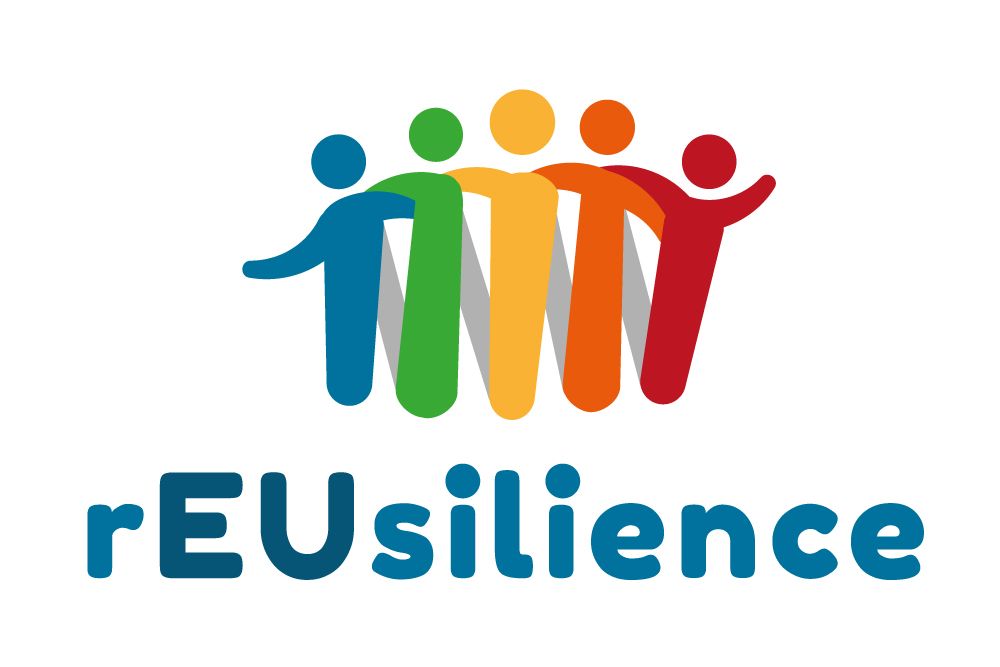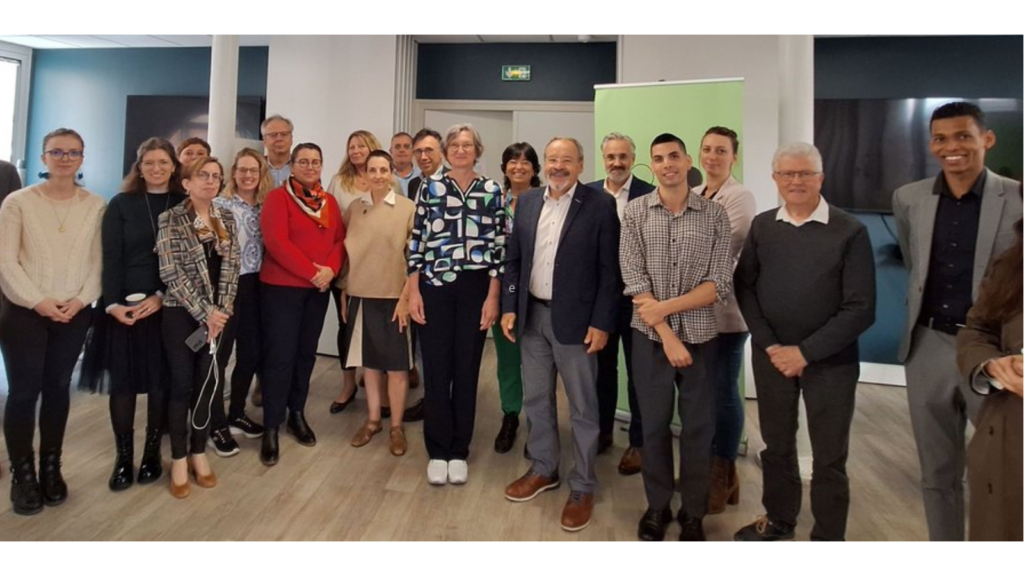Will a better understanding of families lead to improved welfare states? That’s the hope of a big new Horizon Europe research project, rEUsilience, in six European countries, coordinated by sociologist Rense Nieuwenhuis at SOFI of Stockholm University, together with Mary Daly from the Department of Social Policy and Intervention at Oxford University, and the universities of Barcelona, KULeuven, Warsaw and Zagreb.
“I hope that we will achieve improved analyses of families, that does justice to their diversity and the complexity of family relations that extend across households and across generations. Family relations are changing, and research infrastructures need constant updating to keep up with them. In terms of policy, I hope that we will achieve that families, with their diversity and complex dynamics, will be taken more seriously when designing and evaluating policies”, says Rense Nieuwenhuis.
The context is one of fast-paced changes in labour markets & income security to which families have to act as key responsive entities, cushioning potentially negative impacts and enabling/disabling risk-taking and change. In focusing especially on families that may not be able to respond and understanding the conditions that make for familial resilience more generally, the project answers two research questions:
- What challenges and difficulties are created or exacerbated for families by labour markets in the ‘new world of work and how do families try to overcome these?
- How do social policies contribute to familial resilience, especially in terms of the extent to which they are inclusive, flexible, and complementary?
As an impact partner, COFACE Families Europe will be following and contributing to the research over the three years of the project (2022-2025), as well as analysing the data from a policy and practice perspective, to ensure it feeds into key European social and employment policy frameworks under the European Pillar of Social Rights Action Plan.
More here: https://coface-eu.org/projects/ or contact Holly Shorey, COFACE project and advocacy officer hshorey@coface-eu.org




